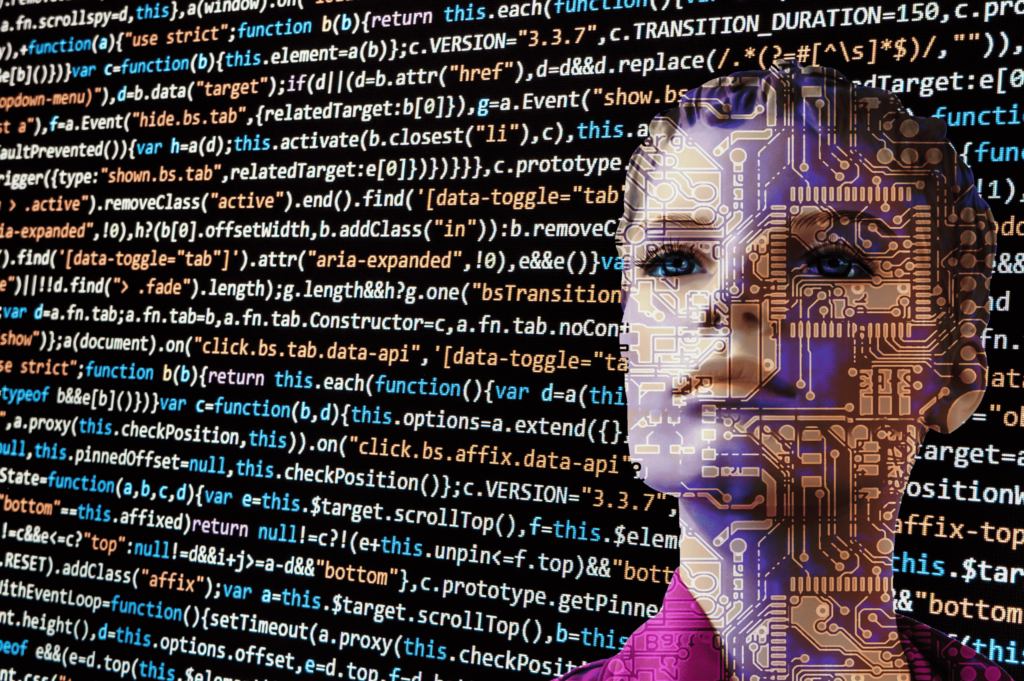Unraveling the Potential of Artificial Intelligence (AI) and Machine Learning (ML)

Artificial Intelligence (AI) and Machine Learning (ML) have emerged as groundbreaking technologies that are reshaping the way we live, work, and interact. From self-driving cars to voice assistants, AI and ML have become integral components of our daily lives, revolutionizing various industries and opening up new possibilities. In this blog article, we will delve into the world of AI and ML, exploring their definitions, applications, and potential impact on society.
Defining AI and ML:
Artificial Intelligence refers to the development of computer systems that can perform tasks that typically require human intelligence. AI systems aim to simulate human-like decision-making processes, learning from experience and adapting to new situations. On the other hand, Machine Learning is a subset of AI that focuses on enabling computers to learn from data without being explicitly programmed. ML algorithms analyze and identify patterns in data, making predictions or decisions based on these patterns.
Applications of AI and ML:
1. Healthcare: AI and ML are transforming the healthcare industry, aiding in medical diagnosis, drug discovery, and personalized treatment plans. These technologies can analyze vast amounts of patient data, helping doctors make accurate diagnoses and predict diseases at an early stage.
2. Finance: AI and ML algorithms are revolutionizing the finance sector by automating processes, detecting fraud, and making investment predictions. These technologies can analyze market trends, historical data, and economic indicators to make informed decisions in real-time.
3. Transportation: Self-driving cars are a prime example of AI and ML in action. These vehicles use sensors, cameras, and ML algorithms to perceive their surroundings, navigate roads, and make decisions. This technology has the potential to enhance road safety and reduce traffic congestion.
4. Customer Service: AI-powered chatbots and virtual assistants are becoming increasingly prevalent in customer service. These systems can understand and respond to customer queries, providing personalized assistance and improving overall customer experience.
5. Education: AI and ML have the potential to revolutionize education by personalizing learning experiences. Adaptive learning platforms can analyze students’ strengths, weaknesses, and learning styles, tailoring educational content to suit individual needs.
6. AI in Business: Businesses across various industries are leveraging AI and ML to enhance decision-making, streamline operations, and gain a competitive edge. AI-driven analytics can uncover valuable insights from big data, enabling companies to optimize supply chains, marketing strategies, and customer experiences.
7. Autonomous Vehicles: Self-driving cars and autonomous transportation systems are another area where AI and ML will play a pivotal role. These technologies have the potential to drastically reduce accidents, improve traffic flow, and make transportation more efficient and accessible. As AI algorithms become more sophisticated and safety concerns are addressed, we can expect to see widespread adoption of autonomous vehicles.
8. Human-AI Collaboration: The future will likely see increased collaboration between humans and AI systems. AI can augment human capabilities, providing insights and assistance in various domains, from scientific research to creative endeavors. The synergy between human intelligence and AI technology holds the potential for groundbreaking innovations.
The Ethical Considerations:
While the potential of AI and ML is vast, it is crucial to address the ethical considerations associated with these technologies. Issues such as privacy, bias, and job displacement need to be carefully managed. Ensuring transparency, fairness, and accountability in AI systems is essential to prevent unintended consequences and biases.
The Future of AI and ML:
As AI and ML continue to evolve, their impact on society will become even more profound. Advancements in deep learning, neural networks, and natural language processing will unlock new possibilities for these technologies. From advancing medical research to transforming industries, AI and ML will shape the future of innovation and human progress.
Artificial Intelligence and Machine Learning are no longer just buzzwords; they are transforming the world as we know it. From healthcare to transportation, these technologies are revolutionizing industries, enhancing efficiency, and improving our lives. However, it is vital to approach the development and implementation of AI and ML with careful consideration of ethical implications. By harnessing the potential of these technologies responsibly, we can create a future where AI and ML work hand in hand with human intelligence to drive progress and innovation.
